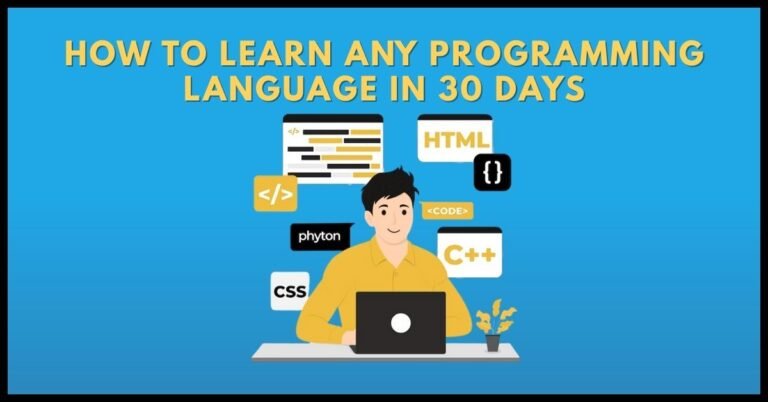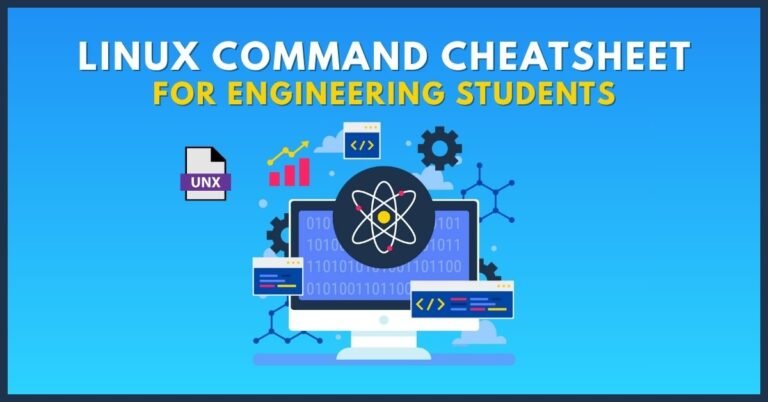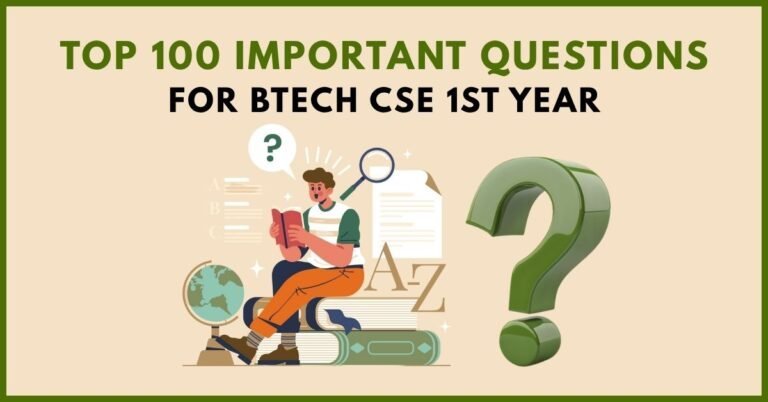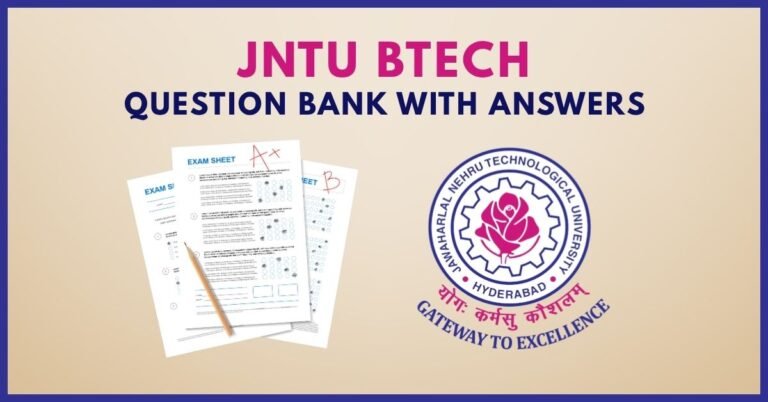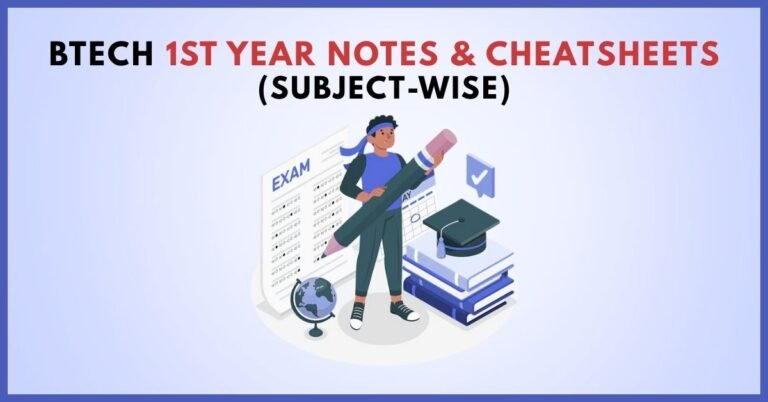AKTU BTech Important Questions & Notes
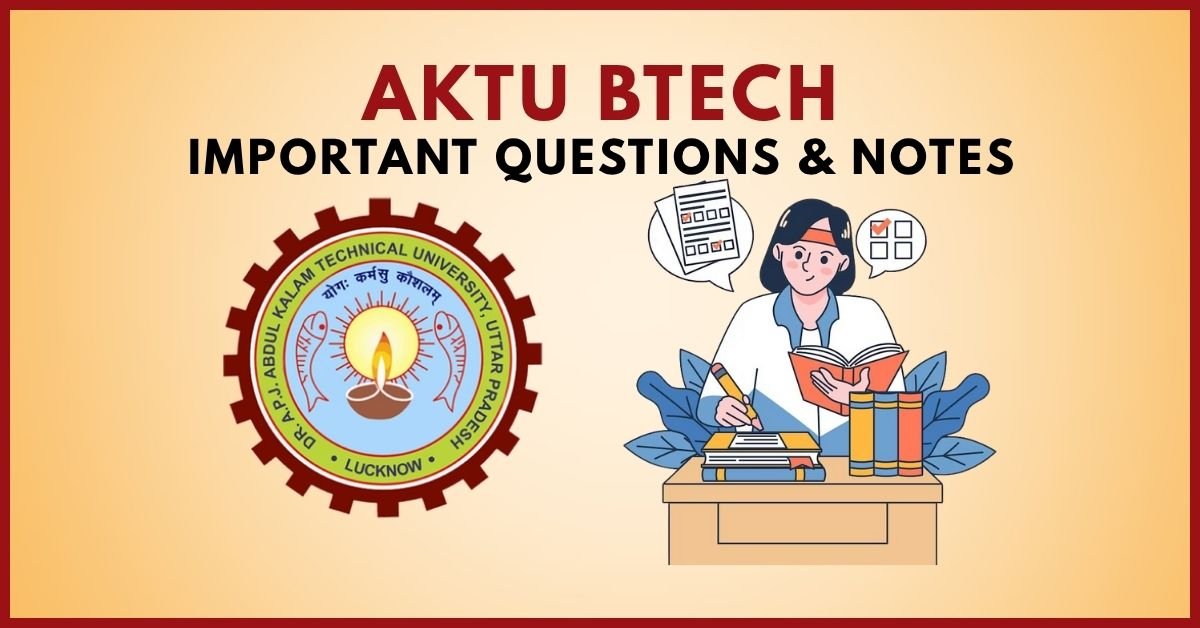
Introduction
Dr. A.P.J. Abdul Kalam Technical University (AKTU), formerly known as UPTU, is one of the leading technical universities in India. With a vast curriculum spanning various engineering disciplines, students often seek structured and concise study materials to navigate their academic journey effectively. This article provides a comprehensive guide to AKTU B.Tech important questions and notes, offering students a valuable resource for exam preparation.
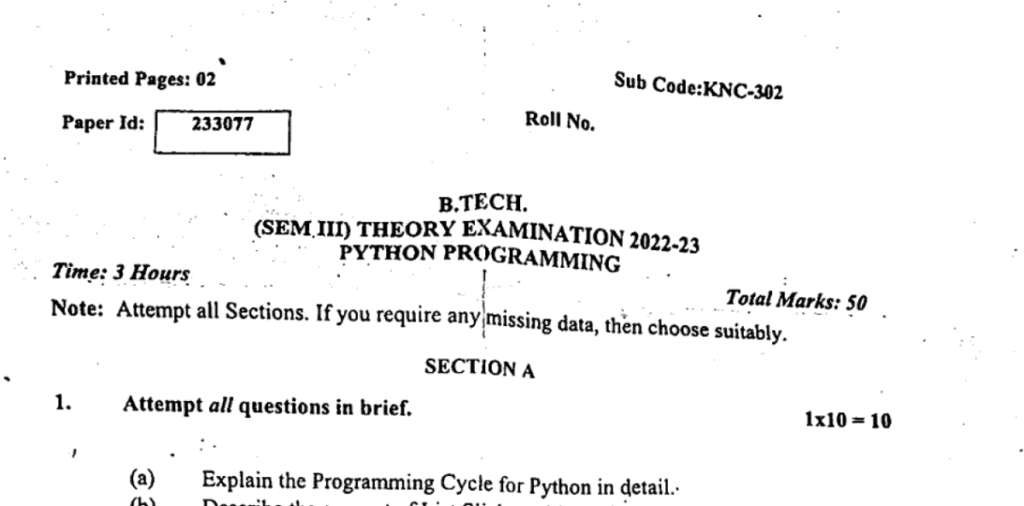
Understanding the AKTU B.Tech Curriculum
The AKTU B.Tech curriculum is designed to provide students with a strong foundation in engineering principles, coupled with practical skills. The first year typically includes common subjects across all branches, focusing on fundamental concepts. Subsequent years delve into specialized subjects pertinent to each engineering discipline. Understanding the syllabus for each semester is crucial for effective preparation.
Importance of Previous Year Questions (PYQs)
Previous Year Questions (PYQs) are an invaluable resource for students preparing for AKTU B.Tech exams. They provide insights into the exam pattern, frequently asked topics, and the level of difficulty. Regular practice of PYQs enhances problem-solving skills and boosts confidence. Many students have successfully improved their scores by focusing on PYQs during their revision.
Subject-Wise Important Questions
Engineering Mathematics
Engineering Mathematics forms the backbone of many engineering concepts. Key areas include:
- Calculus: Differentiation and Integration techniques.
- Linear Algebra: Matrices, determinants, and eigenvalues.
- Differential Equations: Solving first and second-order equations.
- Complex Numbers: Operations and applications.
Sample Question:
“Solve the differential equation dydx+y=ex\frac{dy}{dx} + y = e^xdxdy+y=ex.”
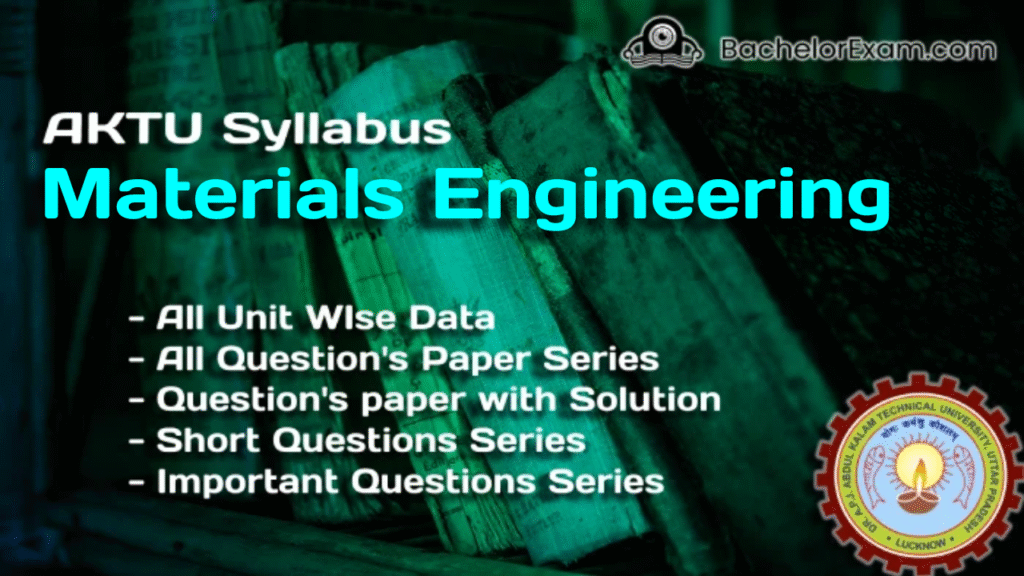
Programming for Problem Solving (PPS)
PPS introduces students to programming concepts, primarily using C language. Important topics include:
- Data Types and Operators: Understanding variables and operations.
- Control Structures: If-else, loops, and switch-case.
- Functions and Recursion: Defining and calling functions.
- Arrays and Strings: Manipulating data collections.
- Pointers and Structures: Memory management and data organization.
Sample Question:
“Write a C program to find the factorial of a number using recursion.”
Engineering Physics & Chemistry
These subjects provide the scientific foundation for engineering concepts. Key topics include:
- Mechanics: Laws of motion, work, and energy.
- Thermodynamics: Laws and applications.
- Optics: Reflection, refraction, and lenses.
- Atomic Structure: Bohr’s model and quantum theory.
- Chemical Reactions: Balancing equations and stoichiometry.
Sample Question:
“Explain the laws of thermodynamics and their applications in engineering.”
Basic Electrical and Electronics Engineering (BEEE)
BEEE covers fundamental electrical and electronic concepts. Important areas include:
- Circuit Theory: Ohm’s law, Kirchhoff’s laws.
- AC and DC Circuits: Analysis and applications.
- Semiconductors: Diodes, transistors, and their applications.
- Electrical Machines: Transformers, motors, and generators.
Sample Question:
“Draw and explain the working of a PN junction diode.”
Environmental Studies
Environmental Studies focuses on ecological balance and sustainability. Key topics include:
- Ecosystems: Types and components.
- Biodiversity: Conservation and threats.
- Pollution: Air, water, and soil pollution.
- Environmental Policies: National and international initiatives.
Sample Question:
“Discuss the causes and effects of water pollution and suggest preventive measures.”
Effective Study Notes and Revision Strategies
To maximize exam performance, students should adopt effective study strategies:
- Organized Notes: Maintain clear and concise notes for each subject.
- Regular Revision: Allocate specific time slots for revising each topic.
- Practice PYQs: Solve previous year questions to understand exam patterns.
- Group Study: Engage in discussions to clarify doubts and reinforce learning.
- Time Management: Create a study timetable to cover all subjects systematically.
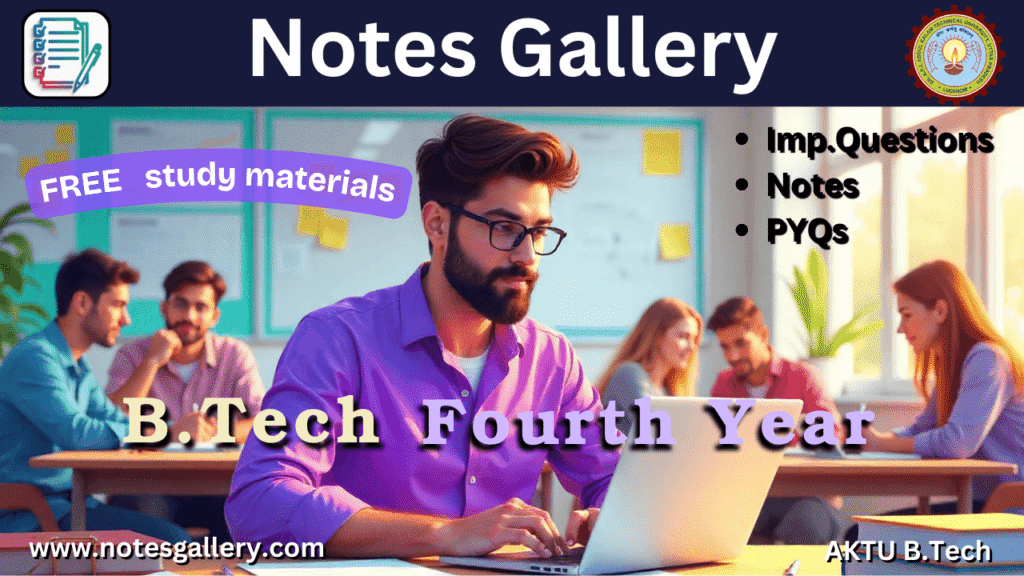
Utilizing Online Resources for AKTU B.Tech
Several online platforms offer valuable resources for AKTU B.Tech students:
- Notes Gallery: Provides free study materials, including notes, PYQs, and assignments.
- Studocu: Offers lecture notes, practice materials, and practicals.
- YouTube: Channels like “Aktu 1st Year Important Questions” provide video lectures and explanations.
Frequently Asked Questions (FAQs)
Q1: Where can I find AKTU B.Tech previous year question papers?
A1: Websites like Notes Gallery and Studocu offer a collection of previous year question papers for various subjects.
Q2: How can I improve my programming skills for the PPS subject?
A2: Practice coding regularly, understand the logic behind each program, and refer to resources like C programming books and online tutorials.
Q3: Are there any mobile applications for AKTU B.Tech exam preparation?
A3: Yes, apps like “AKTU Study Materials” and “Engineering Exams” provide study materials, quizzes, and previous year papers.
Q4: How can I manage my time effectively during exam preparation?
A4: Create a study schedule, prioritize subjects based on difficulty, and take regular breaks to avoid burnout.
Q5: Is group study beneficial for AKTU B.Tech exams?
A5: Group study can be beneficial for discussing complex topics, sharing resources, and clarifying doubts.
Conclusion
Preparing for AKTU B.Tech exams requires a strategic approach, utilizing quality study materials and effective revision techniques. By focusing on important questions, practicing previous year papers, and leveraging online resources, students can enhance their understanding and performance. Consistent effort and smart study habits are key to excelling in AKTU B.Tech examinations.
Author Profile
- At Learners View, we're passionate about helping learners make informed decisions. Our team dives deep into online course platforms and individual courses to bring you honest, detailed reviews. Whether you're a beginner or a lifelong learner, our insights aim to guide you toward the best educational resources available online.
Latest entries
 UncategorizedOctober 3, 2025AKTU BTech Important Questions & Notes
UncategorizedOctober 3, 2025AKTU BTech Important Questions & Notes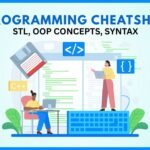 Exam Revision NotesSeptember 24, 2025C++ Programming Cheatsheet – STL, OOP Concepts, Syntax
Exam Revision NotesSeptember 24, 2025C++ Programming Cheatsheet – STL, OOP Concepts, Syntax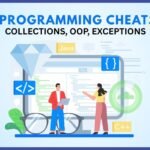 Exam Revision NotesSeptember 22, 2025Java Programming Cheatsheet – Collections, OOP, Exceptions
Exam Revision NotesSeptember 22, 2025Java Programming Cheatsheet – Collections, OOP, Exceptions UncategorizedAugust 28, 2025BTech 1st Year Notes & Cheatsheets (Subject-Wise)
UncategorizedAugust 28, 2025BTech 1st Year Notes & Cheatsheets (Subject-Wise)

